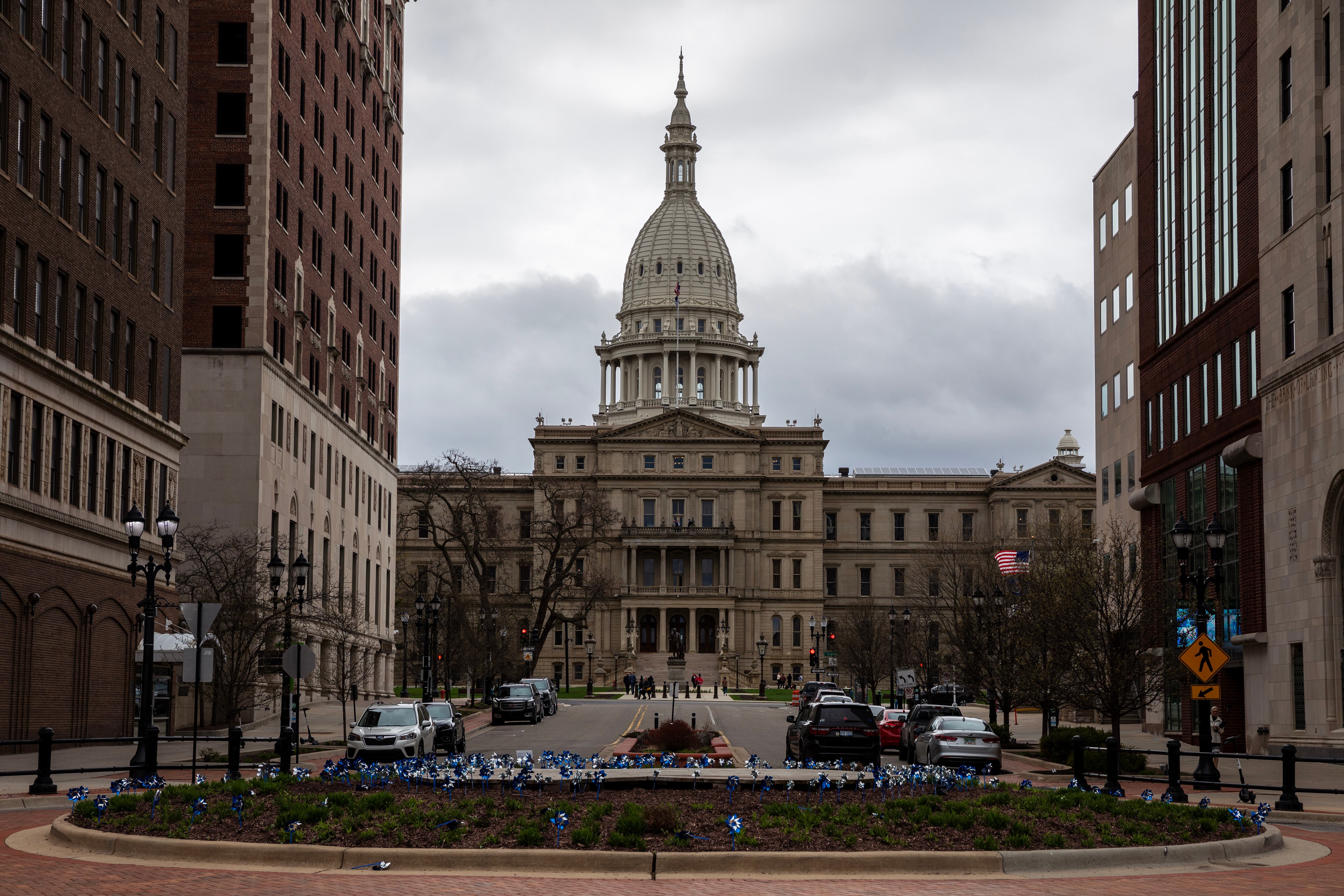Sign up for Chalkbeat Detroit’s free daily newsletter to keep up with the city’s public school system and Michigan education policy.
Current and former educators, a former social worker, former state representative, and two incumbents are seeking two seats on the State Board of Education this fall.
The eight candidates running in the Nov. 5 election have vastly different priorities for Michigan public education, unique perspectives on the challenges schools are facing, and varying views on how the state is performing.
One issue the six candidates who responded to Chalkbeat’s questionnaire agree on: the ongoing statewide issue of chronic absenteeism should be addressed. But, their views differ on what the board’s role should be in addressing the issue, its causes, and potential strategies to improve it.
The candidates also shared their thoughts on the U.S. Department of Education’s Office of Civil Rights investigation, which found the Michigan Department of Education repeatedly gave incorrect information about what rights students with disabilities were entitled to during COVID-era school closures.
The candidates were asked how transparent the MDE should have been about the investigation and ongoing federal hearings and what the state’s role is in ensuring local districts comply with civil rights protections for students with disabilities.
You can read their answers in our voter guide linked below.
The board’s role is to make policy recommendations to lawmakers. It also has the power to hire and fire the state superintendent. But it doesn’t have power over some important areas, such as school funding.
The elections are at-large, meaning the elections will be statewide and not based on specific districts. The two candidates with the most votes will win eight-year terms.
The candidates include two Republicans, two Democrats, one Libertarian, two members of the U.S. Taxpayers party, and one member of the Working Class Party.
The board currently includes six Democrats and two Republicans; the two Republicans are both seeking reelection in November.
Hannah Dellinger covers K-12 education and state education policy for Chalkbeat Detroit. You can reach her at hdellinger@chalkbeat.org.






